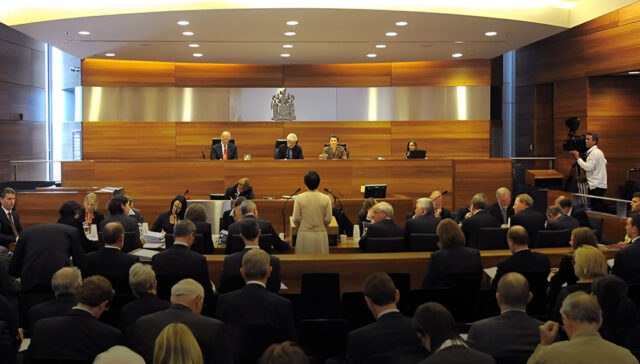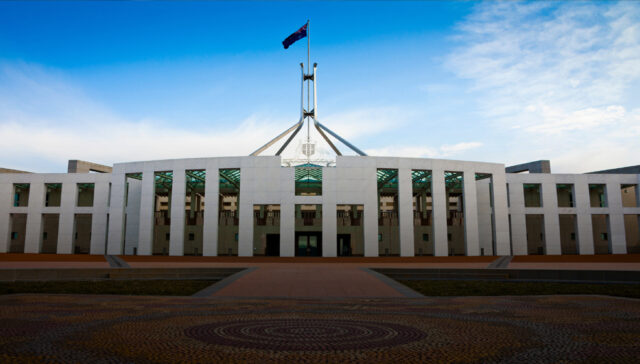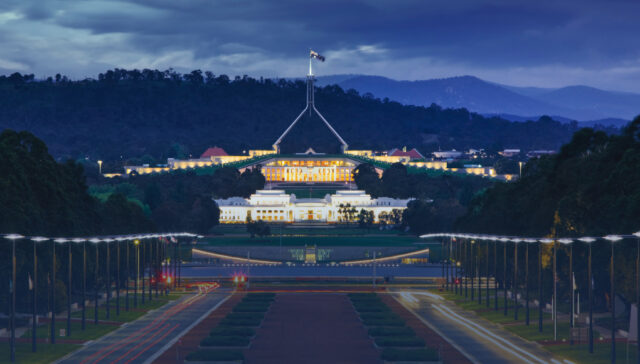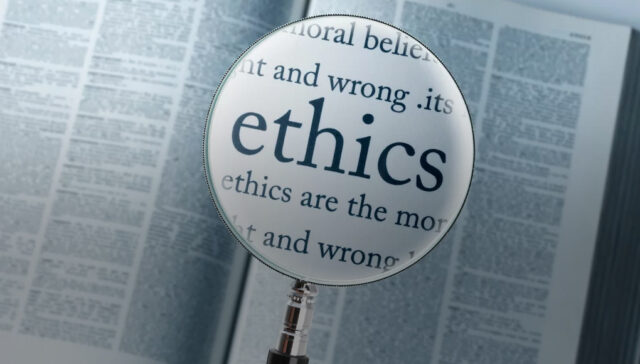I’ve got a little list
In Gilbert and Sullivan’s opera The Mikado, the character Ko-Ko is appointed to the position of Lord High Executioner. He prepares a list of people to be executed, singing: “I’ve got a little list. They’d really not be missed.”
I’ve often thought this should be the way we deal with those responsible for Australia’s tragic response to the Covid hysteria. I have a list, and I really don’t believe those on it would be missed. The question is, is it more than a fantasy?
A Royal Commission is regularly mentioned as the best way to bring guilty politicians, bureaucrats, and other officials to account. Royal Commissions certainly have broad investigative powers, but they cannot decide guilt or innocence. They can only make recommendations.
A Royal Commission is only as good as its terms of reference, which are written by the government. There is an unwritten rule on that – only establish an inquiry when the outcome is either already known or won’t do great harm to the government.
There is also a problem with jurisdiction. A Commission established by the Commonwealth is limited to investigating federal issues. That would include international border closures, repatriating Australians, vaccine ordering, the vaccine rollout, use of troops, and the advice of the Commonwealth Health Officer and health agencies. It could also look at what the federal government failed to do, such as follow its own pandemic plan or challenge the states’ border closures.
Do the crimes perpetrated by our public health officials, politicians and others meet that standard of severity?
It would require a state-initiated Royal Commission to investigate the policies and actions of state governments. That includes the medical advice to justify state border closures, compulsory masks, curfews, lockdowns, other movement restrictions, the Covid zero fantasy, the separation of families, business closures, mandatory vaccination, and of course vaccine certificates.
Only a state Royal Commission could consider whether the loss of basic rights such as free speech, freedom of religion and the right to peaceful protest, or the suspension of parliament, were reasonable and proportionate. And unless the terms of reference were specific, the behaviour of state police would not be considered.
There is also a question of competence. Commissioners are generally retired judges; that is, elderly lawyers. A career as a barrister and judge is not necessarily a sound qualification for investigating complex non-legal issues. From my observation such people mostly don’t understand business or economics, and expecting them to come to grips with epidemiology and immunology might be optimistic. Add the possibility that they will overestimate the risk given their personal vulnerability to Covid, and an objective review is far from certain.
But let’s assume, for the sake of the fantasy, that a Royal Commission with broad terms of reference was established that is brave, competent, and thorough. Let’s even assume it is a joint federal-state commission. What might it achieve?
In my fantasy, it would name those responsible for doing so much damage to our liberal democracy, and spell out the crimes they committed. The patronising, sanctimonious, unscientific Chief Health Officers. The cynical, manipulative political leaders. The lying propagandists and political boosters. The cowardly, craven media. The senior police who sanctioned brutal repression of protests.
It would also offer a strong reminder of the fundamentals of a free society: that freedom and safety are not interchangeable; that personal responsibility should always trump government control; that avoiding deaths at any cost is not the role of the government; that executive government must be accountable to parliament. And perhaps most importantly, that those who violate these principles must pay a price.
A Royal Commission is regularly mentioned as the best way to bring guilty politicians, bureaucrats, and other officials to account.
Notwithstanding some indications to the contrary, particularly in Victoria, Australia is still subject to the rule of law. An adverse mention by a Royal Commission might end a political or bureaucratic career, but it is not a conviction. And the reality is that virtually everything inflicted on Australians in the name of controlling Covid occurred within the law. Other than a few Victorian police perhaps, none of those named would be at risk of going to jail.
Some say this calls for a special tribunal, like that used to try senior Nazis at Nuremburg. This applied the principle that some things can never be legal or right, whether or not they were within the law at the time. That same concept underpins the International Criminal Court.
Do the crimes perpetrated by our public health officials, politicians and others meet that standard of severity? No doubt they inflicted needless suffering and misery on millions of their fellow Australians, imposing irrational and arbitrary rules with heartless brutality. And while they claim to have saved deaths from Covid, they contributed to others from suicide and untreated conditions, and caused profound harm to countless careers, businesses, marriages, and childhoods.
The crimes that the International Criminal Court may consider are genocide, war crimes, crimes of aggression, and crimes against humanity. The world’s longest lockdown certainly felt like a crime against humanity to Victorians, and it would be satisfying to hear the former Premier and Chief Health Officer argue, in their defence, why family visits were prohibited but not visiting brothels; why council gardeners could work but not private gardeners; and why the Black Lives Matter protest was not a superspreader event unlike anti-lockdown protests and watching a sunset from the beach.
But that’s where the fantasy ends. A Nuremburg-style trial, even if it is warranted, would require special legislation. And a Royal Commission, even if established, is not likely to do no more than offer half-baked recommendations about preparing for the next pandemic.
Perhaps even worse, the pandemic showed that the commitment of Australians to democracy and freedom is wafer thin. They readily relinquished their rights and freedoms based on fear of a disease with a survival rate of 98 per cent, in the belief that the government would keep them safe.
This is a problem that will not be solved by a Royal Commission or Nuremburg type tribunal. Indeed, it would not be solved by making me Lord High Executioner and allowing me to deal with those on my list. It is a reflection of who we are as a nation.















